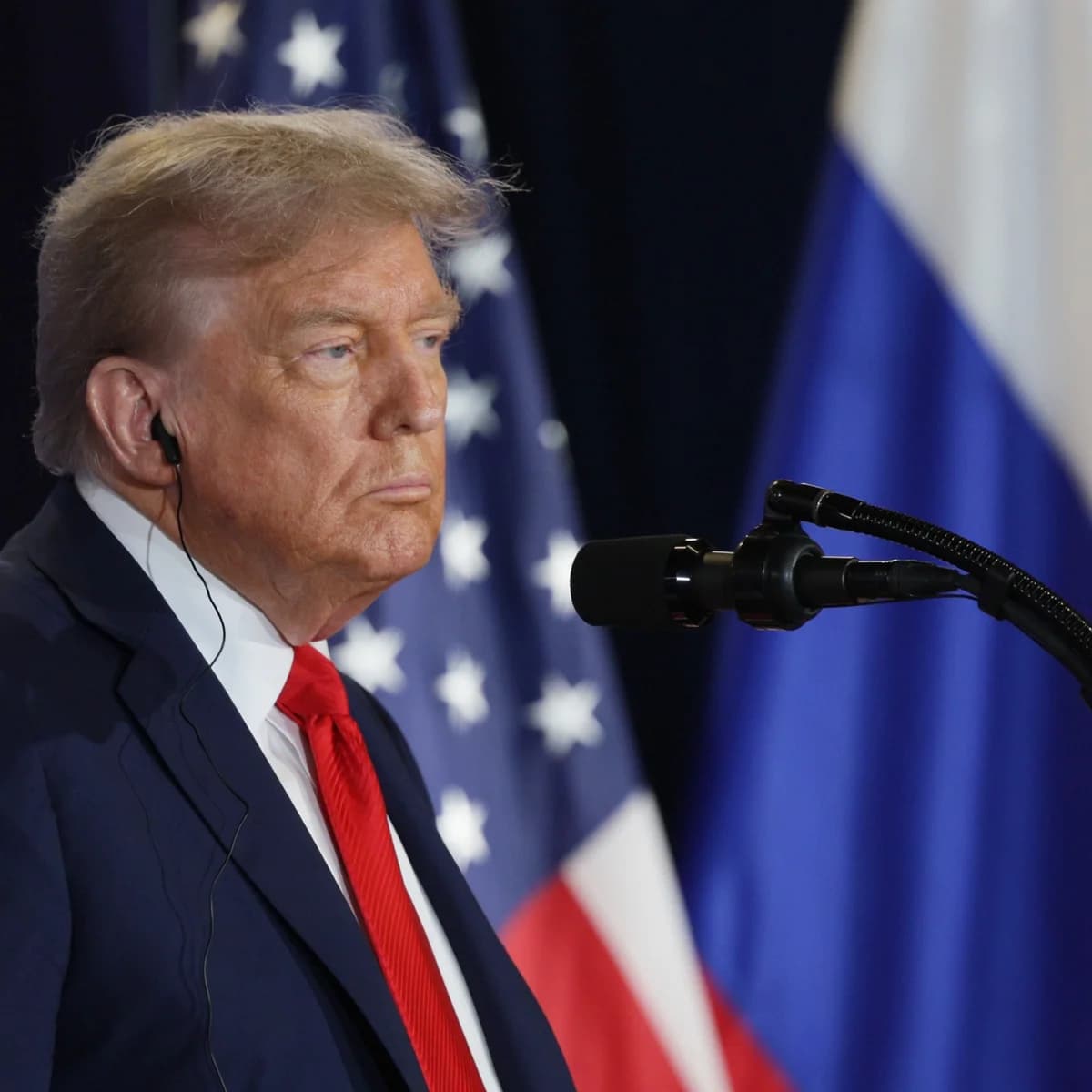We're loading the full news article for you. This includes the article content, images, author information, and related articles.
Australian Prime Minister Anthony Albanese's meeting with US President Donald Trump is set to focus on the AUKUS security pact and critical trade issues, with implications for global power dynamics and regional stability.

Australian Prime Minister Anthony Albanese arrived in Washington D.C. on Monday, October 20, 2025, for a high-stakes meeting with US President Donald Trump. The leaders are expected to deliberate on the AUKUS security pact, a trilateral agreement between Australia, the United Kingdom, and the United States, alongside critical discussions on trade and economic cooperation.
The meeting, scheduled for Tuesday, October 21, 2025, in the Oval Office, will be followed by a working lunch. This engagement comes as a respected Republican congressman reportedly lauded AUKUS as a "crucial deterrent" in the Indo-Pacific, suggesting it "keeps [Chinese President Xi Jinping] up at night."
The AUKUS pact, signed under President Trump's predecessor, Joe Biden, aims to enhance security cooperation in the Indo-Pacific region, primarily through Australia acquiring nuclear-powered submarines. The agreement has been viewed as a strategic move to counter China's growing influence in the region. The ongoing Pentagon review of AUKUS underscores the continuous assessment of its strategic implications.
Beyond security, the leaders are anticipated to delve into trade relations, including tariffs and the potential for Australia to become a guaranteed supplier of critical minerals to the United States. These discussions align with broader efforts by both nations to secure supply chains and foster economic resilience amidst global uncertainties.
Upon his arrival in Maryland, Prime Minister Albanese was greeted by Australia's ambassador to the US, Kevin Rudd, and other diplomatic officials. Albanese expressed his enthusiasm for the visit, highlighting the importance of the bilateral talks.
The outcomes of this meeting could have significant ramifications for geopolitical stability, particularly in the Indo-Pacific. The discussions on AUKUS will be closely watched by regional powers and global observers, as they could signal shifts in alliances and defense strategies. Furthermore, any agreements on trade and critical minerals could impact global markets and supply chains.
While the agenda is clear, the specific details and potential breakthroughs from the meeting remain to be seen. The extent of the discussions on the Pentagon's review of AUKUS and the concrete commitments on critical mineral supply are among the key unknowns.
Observers will be keen to see any joint statements or press conferences following the meeting, which could shed light on the progress made on AUKUS, trade agreements, and other areas of cooperation. The reactions from other Indo-Pacific nations and China will also be crucial indicators of the meeting's broader impact.
Keep the conversation in one place—threads here stay linked to the story and in the forums.
Sign in to start a discussion
Start a conversation about this story and keep it linked here.
Other hot threads
E-sports and Gaming Community in Kenya
Active 9 months ago
The Role of Technology in Modern Agriculture (AgriTech)
Active 9 months ago
Popular Recreational Activities Across Counties
Active 9 months ago
Investing in Youth Sports Development Programs
Active 9 months ago